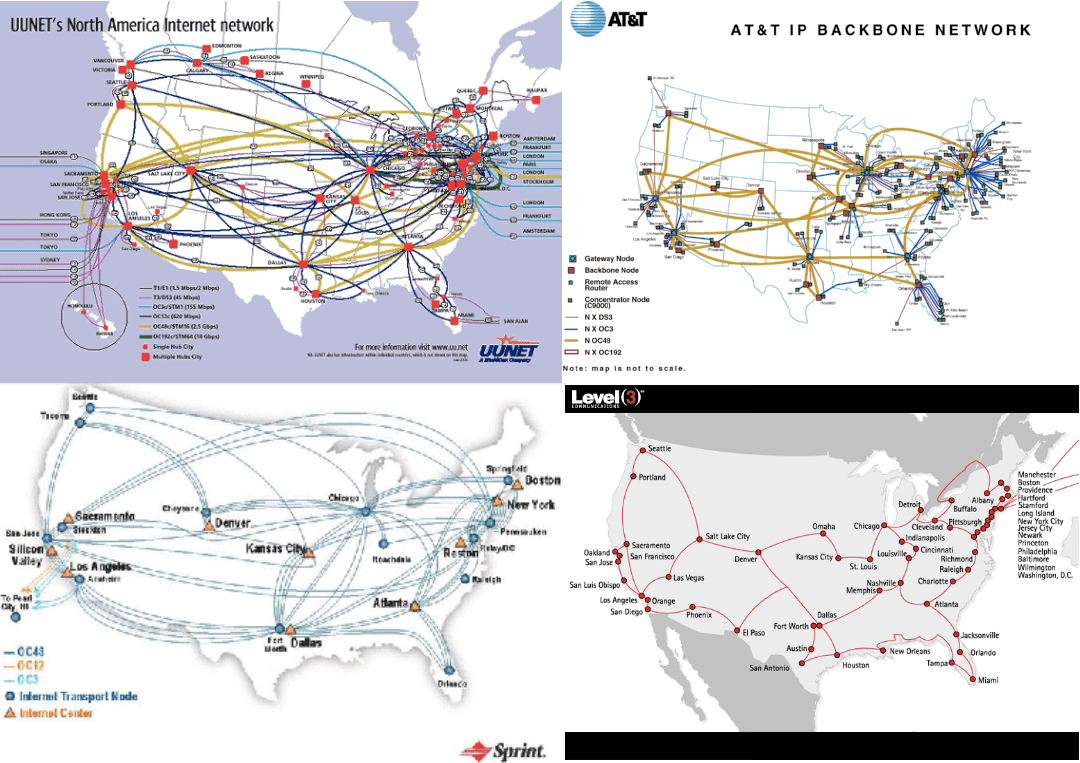Governments of the Industrial World, you weary giants of flesh and metallic, I come from Cyberspace, the brand new home of Mind. On behalf of the destiny, I ask you of the past to depart us by myself. You aren’t welcome among us. You haven’t any sovereignty wherein we collect.
These are the outlet phrases of the Declaration of Independence of Cyberspace, written by using EFF co-founder and board member, John Perry Barlow nearly decades in the past. The report is greater of a visionary dream than a political application, and does not form EFF’s policy on a everyday stage (certainly, Barlow himself has stated that he would write it differently nowadays). Yet it continues to resonate strongly for many.
The Declaration featured in a closing address by means of Professor Milton Mueller of Syracuse University brought at this 12 months’s Internet Governance Forum (IGF), which wound up ultimate week in Istanbul, Turkey. “Clearly,” Mueller asserted, “the Internet offers the idea for a community with its personal pastimes, an incipient identification, its personal norms and modes of living collectively. And it’s miles only a small step from network to state.” Addressing an assemblage of presidency ministers, industry heads and customers from around the arena, Mueller cautioned, “maybe John Perry Barlow’s Declaration of the Independence of Cyberspace is really worth a 2nd appearance.”
Across the world, others also are thoroughly upset with the cutting-edge state of Internet governance—sure, in spite of the IGF itself. Although regularly praised by insiders as being a useful discussion discussion board wherein public and private stakeholders can expand their expertise of Internet coverage troubles and their appreciation of different points of view, the tangible effects of this information change have been thin on the floor.
The result has been a latest flourishing of impartial Internet governance projects, all supplied with the earnest disclaimer that they do no longer intend to replicate the IGF—but which though deal with areas properly within the scope of the IGF’s unique mandate. These encompass an independent global meeting called NETmundial this April, no longer one but two international expert panels, an initiative of the World Economic Forum, and along the IGF assembly in Istanbul the Internet Ungovernance Forum (IUF), which EFF supported.
One of the motivations in the back of the agency of this inaugural IUF is that the policy of the United Nations—with which the IGF stays related—has been interpreted as preventing Forum contributors from “naming and shaming” particular countries over human rights abuses, and recommendations for workshops at this year’s IGF that could awareness on the host u . S . A ., Turkey, have been refused by using organizers on this basis. With no different area to voice their worries approximately pervasive censorship and curtailment of freedom of expression in Turkey, individuals have been basically forced into preserving an unbiased occasion.
Speaking at the IUF, Web activist Harry Halpin explained the need for an alternative occasion with the declare that “discussions at the IGF are exclusionary”. None apart from Julian Assange, performing by video hyperlink on the occasion, went nevertheless similarly, claiming that the IGF, in its aid of the powerful, turned into truely functioning as an “Internet Censorship Forum”. Whilst this could sound like hyperbole, the IGF’s structure has proven a low tolerance for dissent, with a record of putting off posters on Chinese censorship on the 2009 assembly in Egypt and with the exception of host us of a activists as at the 2012 assembly in Azerbaijan.
Others find the IGF’s maximum severe deficits no longer within the discussions that it excludes, however inside the fact that the discussions it does facilitate do not go anywhere. The IGF has but to broaden the potential to problem any non-binding ideas or tips that would guide other actors and establishments, within the equal manner that governmental bodies which includes the United Nations Human Rights Council do.
Mueller’s thesis —not to date from Barlow’s—is that we ought no longer to must rely on such authorities-led our bodies to put down principles for the global Internet, however that the destiny lies in the Internet developing its personal capability for self-governance, via a unfastened network of bodies wherein all stakeholders, whether or not public and private, take part on an identical footing. For some, the appeal of the IGF lies in its capability, currently unrealized, to act as a hub of such a community.

